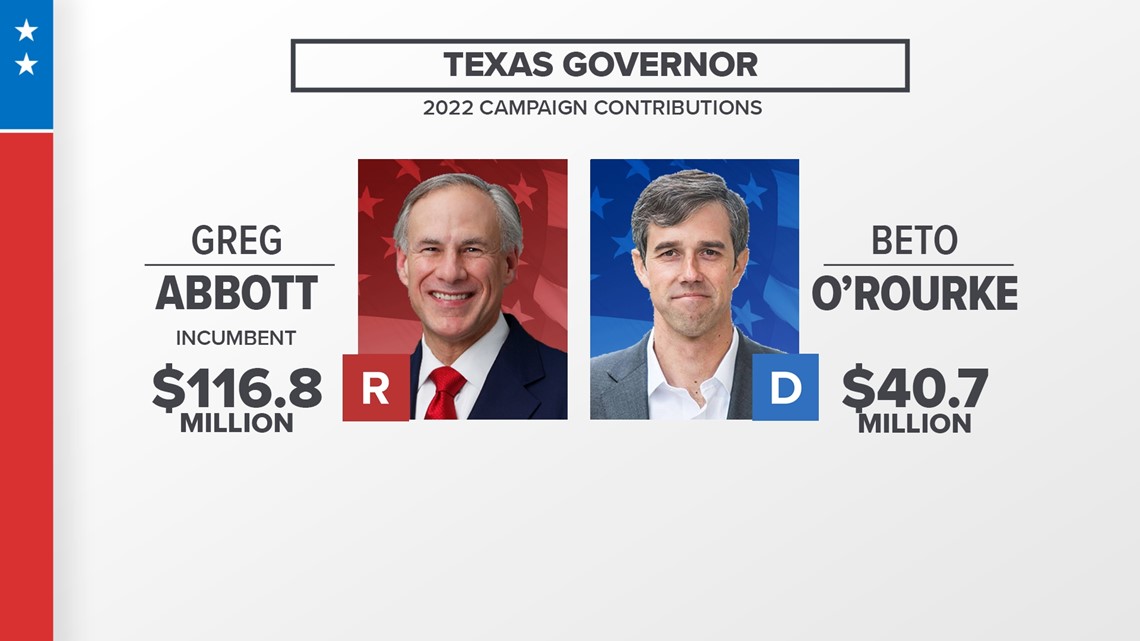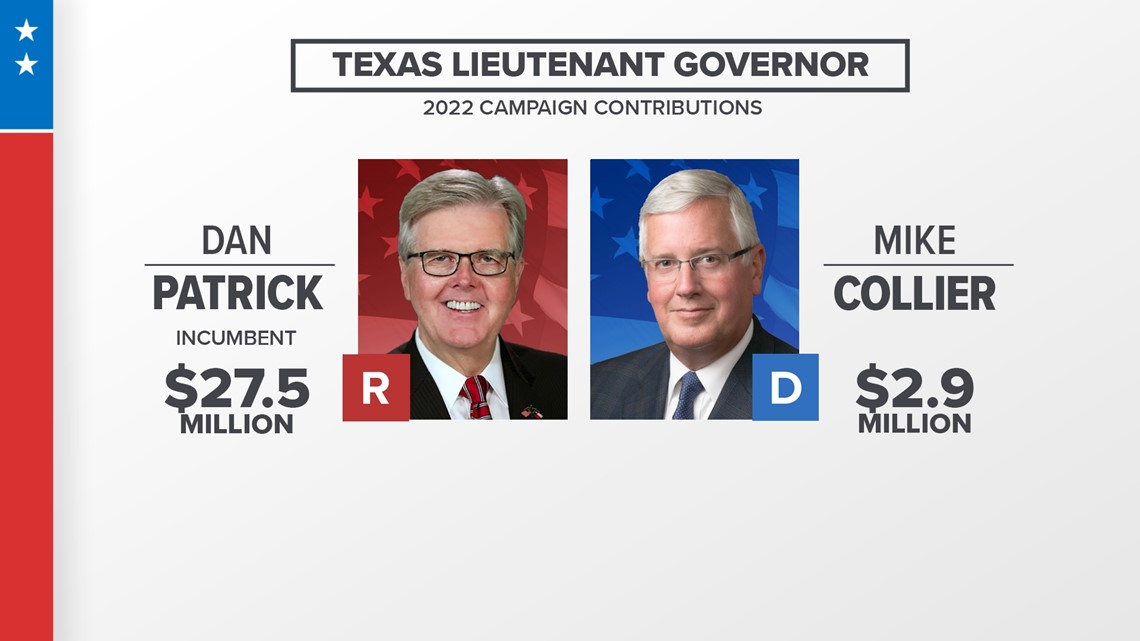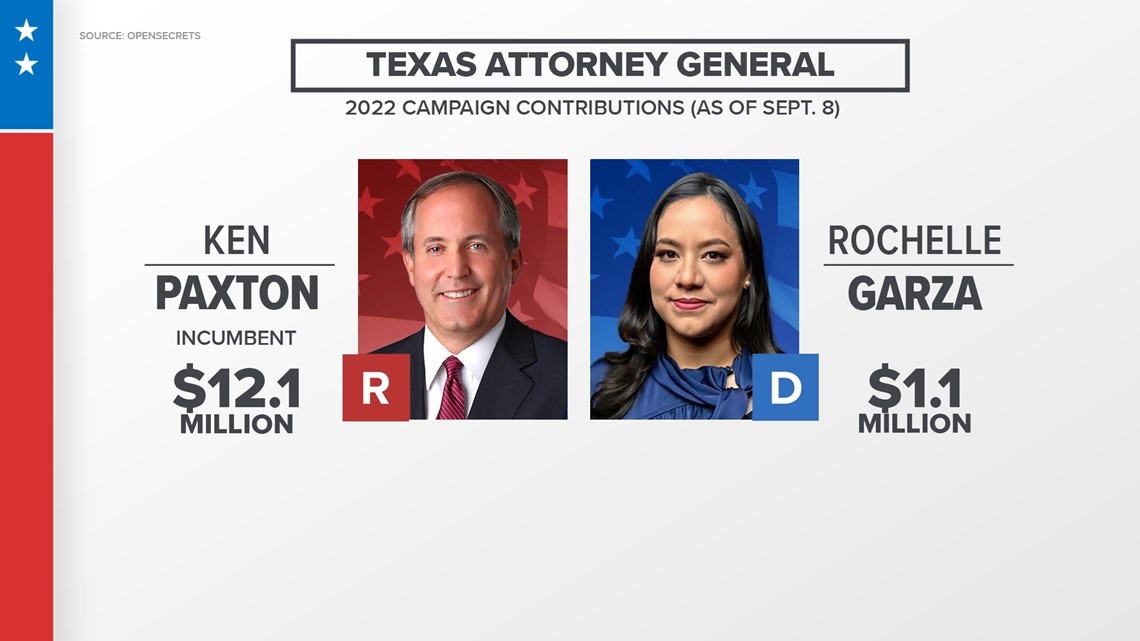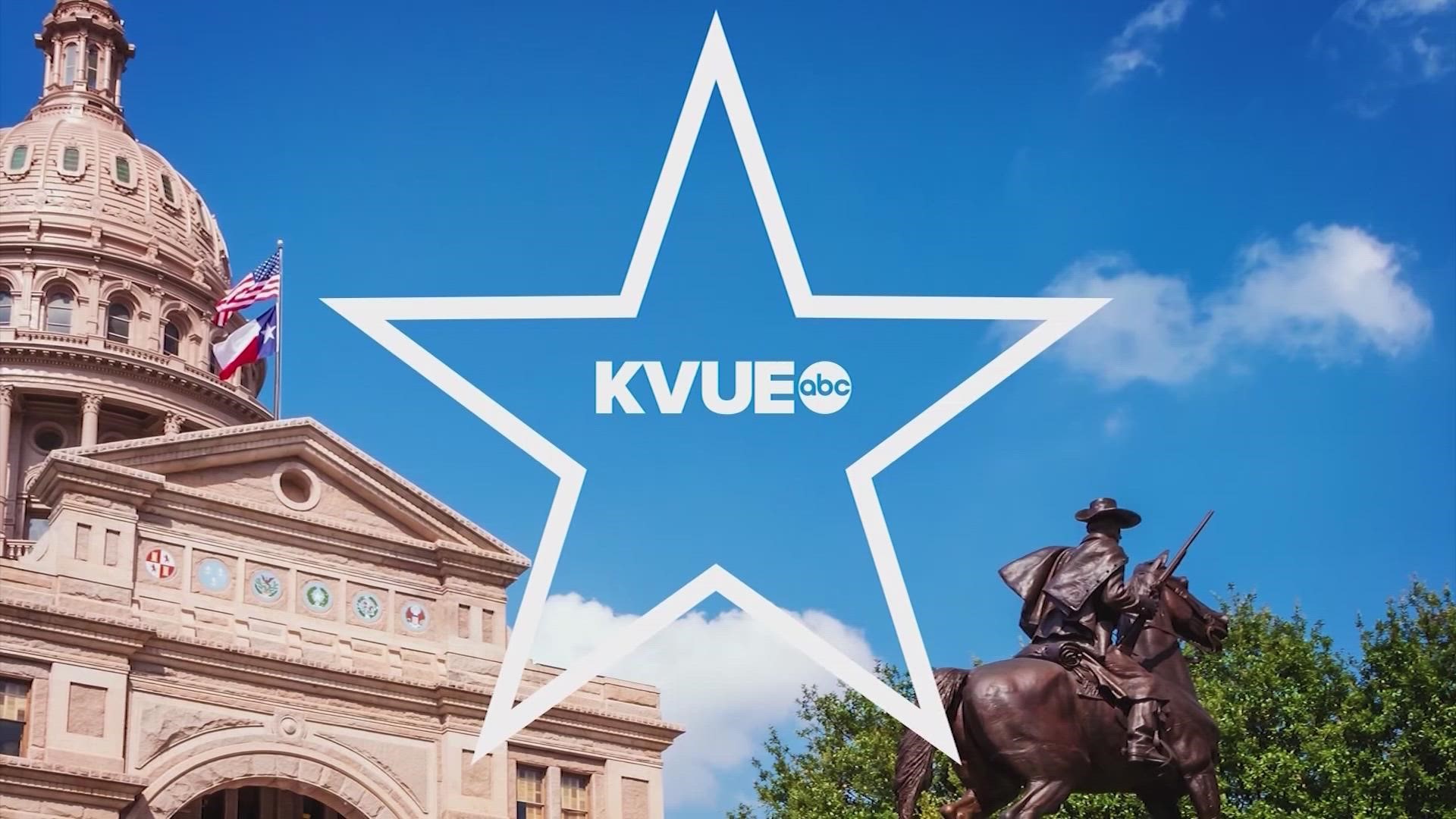AUSTIN, Texas — In this week's edition of Texas This Week, Tony Plohetski, senior reporter for KVUE News, joins Ashley Goudeau to discuss the referral of five DPS officers for investigation related to the Robb Elementary School shooting.
Three things to know in Texas politics
1. Uvalde children return to school
Tuesday was the first day of school for children in Uvalde CISD. Their school year ended early last year after an 18-year-old gunman walked into Robb Elementary School and murdered 19 students and two teachers in the deadliest school shooting in Texas history. All across the state, people wore the district's colors, maroon and white, as a show of solidarity for the Uvalde community, a community navigating mixed feelings as it continues to call for accountability and safety measures at schools. And just two days after school started, there was a shooting at the Uvalde Memorial Park that left two juveniles injured. Police say it is suspected gang violence. Gov. Greg Abbott deployed additional DPS officers to the city to help.
.
2. Washington, D.C., mayor declares public emergency for bused migrants
The mayor of Washington, D.C., has declared a public emergency over migrants being bused there by the states of Texas and Arizona. Mayor Muriel Bowser called it a "humanitarian crisis" that is the result of Gov. Abbott and the governor of Arizona. Gov. Abbott launched the busing initiative in April as part of Operation Lone Star. Initially, migrants who unlawfully crossed the Texas-Mexico border were offered free rides to the nation's capitol after they were processed by ICE. Texas has since added New York City and Chicago as destinations. Arizona followed suit and Mayor Bowser reports some 9,400 people have been bused to Washington. The emergency declaration establishes an Office of Migrant Services to provide support and services. The District is allocating $10 million to the effort.
3. Who's funding Texas political campaigns?
This week on KVUE News, we've been looking at the top individual contributors to the top statewide candidates using data from OpenSecrets, a merger of the Center for Responsive Politics and the National Institute on Money in Politics. Some of the money each candidate has is rolled over from previous campaigns or donated by political action committees, but donors also give significant amounts of money. In Texas, there is no limit on how much money individuals can donate to political campaigns, and Republicans have significantly more money than their Democratic challengers.


So far this election year, Gov. Abbott has received $116.8 million while his Democratic challenger, Beto O'Rourke, has gotten $40.7 million.


Lt. Gov. Dan Patrick's campaign has $27.5 million in contributions compared to Mike Collier's $2.9 million.


Attorney General Ken Paxton has $12.1 million this election year. Political newcomer Rochelle Garza has $1.1 million.
You can find out who the candidate's top individual donors are here: 2022 campaign contributions: Who's backing Texas political candidates
Tony Plohetski on investigation of DPS officers for Uvalde school shooting response
This week the Department of Public Safety recommended five of its officers be investigated by the Inspector General's Office for their response to the shooting at Robb Elementary School. Of those five, two have been placed on leave. KVUE Senior Reporter Tony Plohetski broke the story and joined Texas This Week to talk about what this means.
Ashley Goudeau: Big news this week; DPS officers, five of them, have been referred for a formal investigation. What do you know about this referral?
Tony Plohetski: "So Ashley, this started back last month, actually, when DPS announced that they were doing a review by a committee. So what has come out of that preliminary review is that five employees from DPS who were in Uvalde that day, as you mentioned, have been referred to the Inspector General's Office. There's not a lot we know about this, frankly. So, for example, we do not know who these employees are, their ranks, what policy violations they possibly violated that day. And I think a big question that many people have is what could actually happen to them, whether or not they could face termination or some sort of suspension. But as you mentioned, two of those five, apparently the information that they have gathered to this point rises to the level that officials believe that they should be suspended right now with pay."
Ashley Goudeau: Because this is something that we don't typically see, I don't think many people may be familiar with the Inspector General's Office or even know what type of action they can take. What can you tell us about the agency itself?
Tony Plohetski: "It's my understanding that this Inspector General's Office is actually an arm within DPS, but it has some level of independence in that they do not answer to the director of DPS, Col. McCraw. Instead, they work hand-in-hand with the Public Safety Commission, which is a group of citizens appointed by the governor, to basically ensure that the standards and policies of DPS are being carried out."
Ashley Goudeau: I want to take a step back from this referral, from this investigation, and talk about what exactly happened in Uvalde, that botched response from law enforcement. Tell us about the criticism that, you know, DPS, the school district police, the city police, the county, talk to us about what went wrong.
Tony Plohetski: "There is frankly so much to say about this. I mean, what we know from information that has been made public and our own reporting and that is local police officers from Uvalde showed up in the first few minutes that this was unfolding. They tried to access the classroom, apparently where the gunman was, but then took fire and were blown back by the shots. After that, though, they never truly regrouped, for more than an hour. And Ashley, what we know is that officers from a variety of agencies, and I want to point out that the U.S. Border Patrol had the most officers on the scene that day, but the second agency that had the second most officers is the Texas Department of Public Safety. And so politically, there has been a lot of conversation with local officials in Uvalde believing that DPS is sort of passing the buck to them and blaming them and pointing the finger at them. And Uvalde officials have been pretty stridently saying, 'Well, wait just a minute, DPS, you were there, too. You had boots on the ground there. If this was going so horribly wrong, why didn't your personnel do something about it in that moment?'"
Ashley Goudeau: Yeah, I think that is one of the conversations we're continuing to see, even at the legislative level, is who is in charge, what's the order of rank, who should take over when something like this happens?
Tony Plohetski: "And that could frankly result in proposed legislation when the session starts in January. But we know that Col. McCraw did issue a directive in July that essentially said if you are a DPS officer and you show up to an active shooter situation, you have the authority to override another law enforcement official who was saying, don't act, that again, you have to do everything you can to neutralize, that's the police word for killing an active shooter."
Ashley Goudeau: So we have these five DPS officers, two of which have now been suspended that are under investigation, this action, this referral coming not too long after the Uvalde CISD board voted to go ahead and fire the district police chief. What else? What about all the other officers, though, all the other departments that were there? Do we know about any other disciplinary action or investigations for any of those other agencies?
Tony Plohetski: "And that has been some of the criticism, frankly, too, at DPS. 'Wait just a minute. You had 91 staffers there, 91 personnel, and only five have been referred to the inspector general for possible discipline.' Well, what we know is that within DPS, apparently there is this ongoing inquiry that five is sort of where we are right now. But with regard to the other agencies, you know, we've reached out to them over time. We know that the Border Patrol is apparently doing some sort of after-action review of of its agents who were on the ground that day. Certainly, the City of Uvalde has hired an outside entity to review the conduct of its officers that day. And again, we don't talk about this often, but there is an ongoing federal inquiry as well through the Department of Justice. Now, Ashley that inquiry is a bit different insofar as it's not looking to possibly bring criminal charges against these officers and agents and deputies who were there that day, but instead to see what lessons can be learned to take this forward to law enforcement across America to determine whether or not better training could could have helped not only in this situation, but, again, to prepare for the next one. And unfortunately, I think we all know that one of these days there will, unfortunately, be another active shooter somewhere."
Ashley Goudeau: And I think it's becomes frustrating for, you know, people at home, people in the community to say, do they need better training when they were trained, you're trained to treat an active shooter as a, treat it as an active shooter situation until there is no longer a threat. And they just didn't follow the training, it would seem.
Tony Plohetski: "It certainly does seem that way. And experts and investigators have steadfastly said that's what happened. You know, Ashley we're three months away from this unimaginable tragedy. And and while we do know certainly much more than we did on that terrible day, May 24, I think one of the questions that I still have, that I think many people still have, and that is the why. I mean, we know some things about why the breakdown occurred, but truly getting into the minds and the footsteps of so many of these officers who were there and just asking them, you know, what was your understanding about what was happening inside that school and inside that classroom? What were you being told? And if you had the information, why didn't you act?"
PEOPLE ARE ALSO READING:

